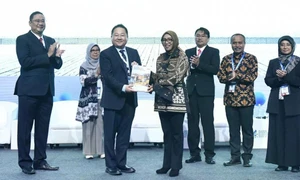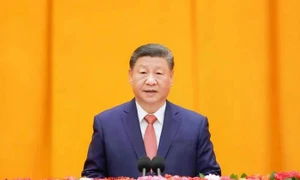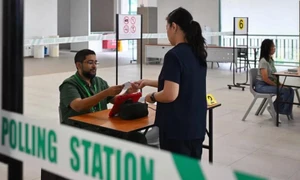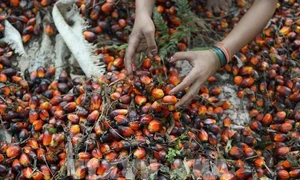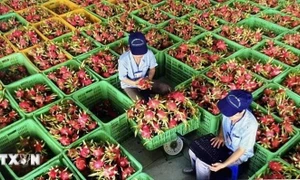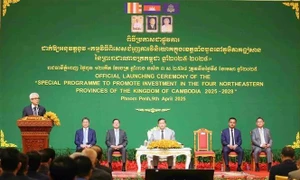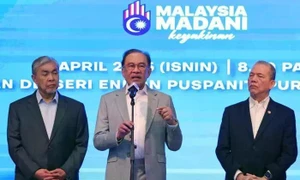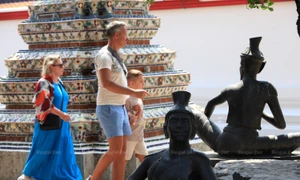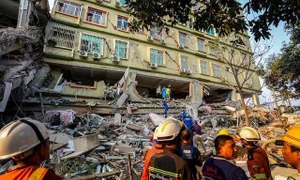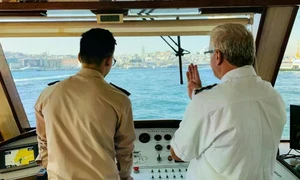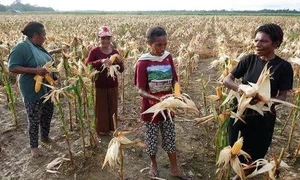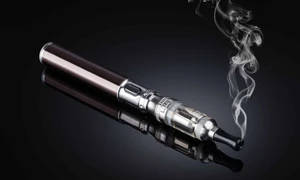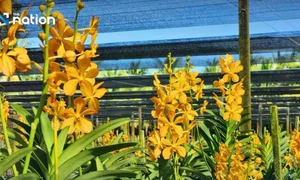At the commemoration of World Anti-Corruption Day (December 9) in Jakarta, Secretary of SEAPAC and Chairman of the Inter-Parliamentary Cooperation Agency (BKSAP) of the Indonesian House of Representatives (DPR) Mardani Ali Sera said that young people are future leaders who must have integrity from an early age. On the other hand, they are the ones who are significantly affected by corruption.
Sera characterised corruption as a fundamental adversary of humanity, arguing that its destructive nature undermines comprehensive societal goals of welfare, advancement, and equality.
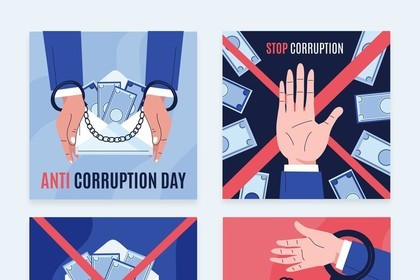
For the younger generation, corruption creates a devastating cycle that systematically destroys access to quality education, employment prospects, involvement in public affairs, healthcare services, and other fundamental life opportunities.
He noted that ASEAN projects the region's youth population to constitute one-third of its total inhabitants, with projections indicating a demographic peak of approximately 220 million young people by 2038.
With a huge population, the demands of young people for an appropriate, clean, and targeted budget with adequate policies are reasonable, Sera said.
He underscored the need for parliament members in Southeast Asia to fight corruption, with one of the efforts being involving young people in eradicating corruption and building integrity from an early age.
SEAPAC currently has national branches in Indonesia, Malaysia, the Philippines, Cambodia, and Timor-Leste. Over 100 current and former parliamentarians from eight Southeast Asian nations, including Timor-Leste, have become members of the organisation./.

